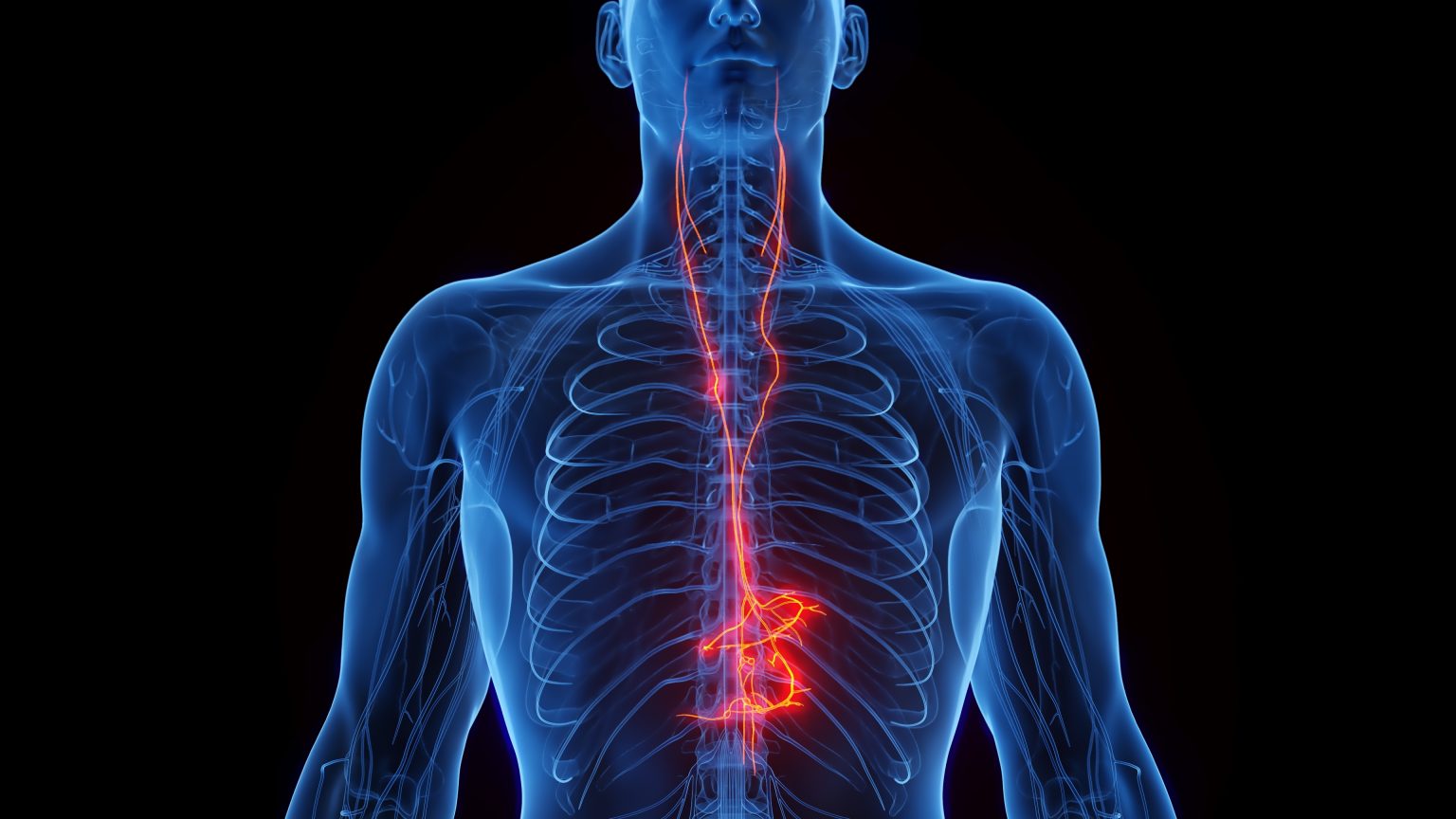We all know that maintaining a good posture is important. But just how important is it? Today’s blog will dive into the importance of good posture, as well as the negative impact of poor posture, and what you can do to improve yours.
Why is Posture Important?
Maintaining good posture is important for many reasons. Poor posture can lead to pain and injuries, as well as contribute to poor health overall.
Good posture helps you to keep your bones and joints in alignment, which reduces strain on your muscles and ligaments. This can help to prevent pain and injuries. Additionally, good posture helps you to breathe more efficiently and can improve your overall health.
Furthermore, good posture can make you look and feel more confident. People who have good posture often appear more capable and in control than those with poor posture. Therefore, good posture not only has physical benefits, but mental benefits too!
What Can Cause Poor Posture?
Diseases
There are many diseases and conditions that can cause bad posture. One example is scoliosis, a disease that causes the spine to curve to the side. This can make it difficult to stand up straight. Other diseases that can cause poor posture include:
Osteoporosis – This disease causes the bones to become weak and brittle. This causes poor posture as the bones are not strong enough to support the body properly.
Kyphosis – This is a condition that causes the spine to curve excessively forward. This can make it difficult to stand up straight and can cause a hunched posture.
Arthritis – This is a condition that causes inflammation of the joints. As joints rub together, it can cause pain, thus leading to people suffering from it leaning over. This therefore not only causes pain in the joints, but also puts pressure on other areas of the spine and body, as well as muscles, ligaments and tendons.
Injuries
An injury can cause poor posture in a variety of ways, sometimes without us knowing. For example, a muscle strain caused by lifting something heavy can lead to the muscles tightening up and pulling on the spine. This then causes the spine to curve and leads to poor posture. Another example is a broken bone. This can cause the body to be out of alignment as it heals, which leads to bad posture.
Lifestyle
In today’s day and age, lifestyle often leads to a poor posture.
For example, sitting at a desk all day can lead to rounded shoulders and a hunched back. This is because we are not using our muscles to their full potential and as a result, they start to weaken. This then leads to the spine not being supported as it should be and results in bad posture. Another example is looking down at our phones all the time. This puts strain on the neck and causes it to curve forward, leading to poor posture.
Lifting heavy objects regularly with poor form can also lead to bad posture. As the muscles work to lift heavy objects, they can spasm or strain, thus causing them to become weak and thus force posture to worsen. It is important to ensure that you adopt the correct practice when lifting heavy objects. It is important to always be aware of our posture when completing daily tasks (especially at work) as repetitive strain can lead to chronic pain and poor posture.
How does Posture Affect Our Health?
Poor posture can lead to a number of problems with our health. For example, it can cause:
Back pain – This is one of the most common problems caused by poor posture. When the spine is not in alignment, it puts strain on the muscles, ligaments and tendons which can lead to pain.
Neck pain – As mentioned before, looking down at our phones can cause strain on the neck muscles which leads to pain. This can also be caused by sitting at a desk all day as we are not using our neck muscles properly. This can then lead to headaches as well as neck pain
Shoulder pain – Poor posture can also lead to rounded shoulders, as mentioned before. This then causes the shoulder muscles and ligaments to tighten up and can lead to pain.
Issues with our digestive system – When we have poor posture, it can put strain on our internal organs as they are not in the correct position. This can then lead to problems such as constipation and indigestion.
Poor posture can leave people in immense, chronic pain, causing them to seek therapies such as physiotherapy or chiropractic care.
Care for Poor Posture
Chiropractic Care for Poor Posture
Chiropractic care adopts a holistic view of the body. Its main focus is to realign the joints, bones and nerves throughout our bodies. When our posture is poor, it can cause the spine to become misaligned. This can then lead to pain and stiffness in the muscles and joints as well as problems with digestion, circulation and breathing.
Chiropractic care can help with poor posture by:
-
Improving flexibility and range of motion in the joints
-
Strengthening the muscles that support the spine
-
Correcting the alignment of the spine
All of these will lead to an improved posture, as well as removing pain and stiffness associated with it. Depending on the extent of the pain experienced as a result of poor posture, the chiropractic techniques will differ. However, it is a great way to realign the body and reduce the pressure placed on the spine. Thus, improving posture.
Physiotherapy for Poor Posture
As Physiotherapy also takes a holistic view of the body and aims to improve movement and function. It can be used to help correct posture by strengthening the muscles that support good posture and stretching the muscles that are tight. It can also help to relieve pain caused by poor posture.
Physiotherapy is a branch of medicine that focuses on physical rehabilitation. It can help to improve posture by:
-
Assessing your posture and identifying any problems
-
Prescribing exercises and stretches to improve muscle strength and flexibility
-
Providing advice on how to improve your posture in everyday activities such as sitting, standing and walking.
As physiotherapy tends to focus on the muscles, techniques such as manual therapy can be incredibly effective at improving posture. This is where the physiotherapist will use their hands to massage, stretch and manipulate the muscles. This can help to release any tightness or tension that may be contributing to poor posture.
Alternatively, practices such as acupuncture can help to pinpoint pain points and relieve the whole body. Much like manual therapy or chiropractic care, it is designed to reduce the stress placed on muscles, bones and joints and return the spine back to its original and healthy state.
Contact Us
At Falcon Health, we are highly experienced in dealing with clients suffering from poor posture and back pain. As physiotherapy and chiropractic care adopt holistic views, we can assess the root of the pain and develop comprehensive care plans to get you back to your best. We utilise a variety of techniques and exercises to ensure that each care plan is specific to the issues our clients are dealing with.
If you are seeking treatment such as physiotherapy or chiropractic care to help with back pain, poor posture, or anything else, then explore our website or contact us today on 01444 257 555 or info@falcon-health.com. Our friendly team would be happy to discuss and book treatments such as physiotherapy and chiropractic care to help you get back to your best.
Article: Phoenix Marketing






